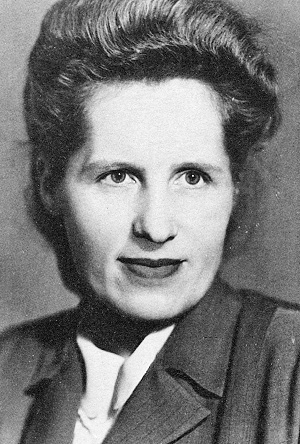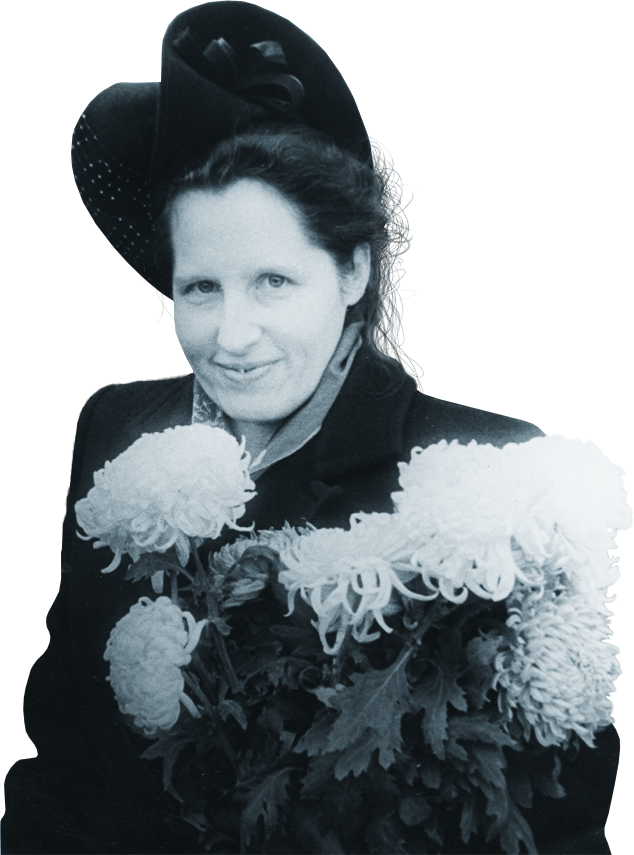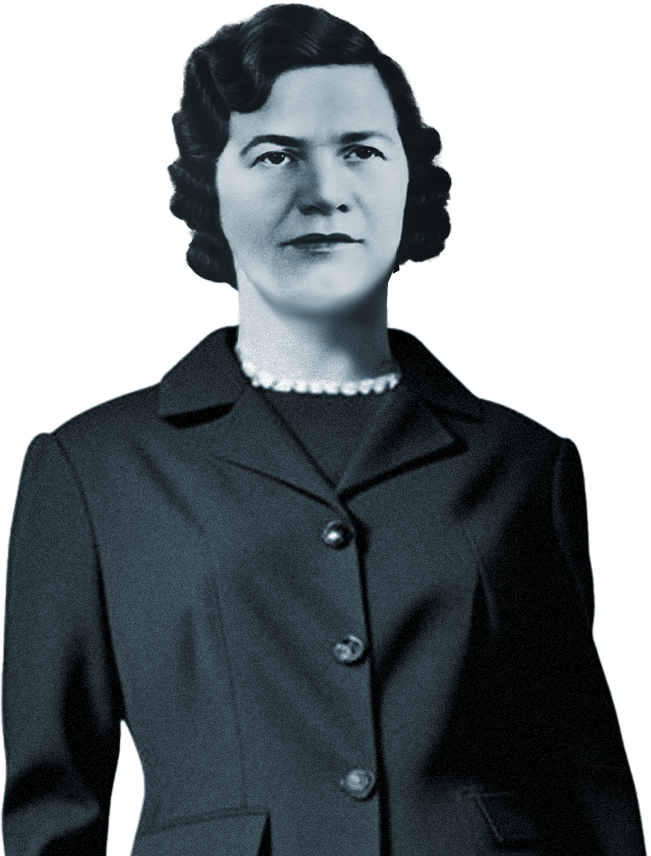Elisaveta Bykova
Biography (1913–1989)
Born in Bogoljubovo village (Russian Empire) to a peasant family, Bykova moved to Moscow in 1925 and began to play chess with her brother. She progressed rapidly as just two years later, Elisaveta won her school's chess championship. Hard-working, cold-blooded and tenacious, Bykova quickly came to the forefront of Soviet chess and reached her peak right after World War II, having won the Soviet Women's Championship in 1946, 1947 and 1950.She embarked on her quest for the women's chess crown in 1949 but tied for third place in the World Championship tournament.Three years later, Bykova won the first Women's Candidates Tournament (Moscow, 1952), and in 1953 she defeated the reigning World Champion Lyudmila Rudenko (+7 -5 = 2) to become the third Women's World Champion.She lost the title to Olga Rubtsova in 1956 but regained it two years later, becoming the first woman to do so.In 1960, Bykova successfully defended the title against Kira Zvorykina (+6 -2 =5), but in 1962, she was dethroned by a new star, 21-year-old Nona Gaprindashvili (+0 -7 =4).Passionate about women's chess, Bykova also wrote three books about Vera Menchik, Soviet women chess players, and the Women's World Championship.

Notable game
This game was played at the 1956 Women's World Championship
Play like a champion!
Black to move.
Examine this position and decide on your next move. To see the correct answer, click the button below.
On Bykova
Kira Zvorykina
Bykova demonstrated great diligence, patience, perseverance, and tremendous endurance. Her excellent memory, particularly for opening variations, rich experience in tournaments and matches, and ability to mobilize and work at the board with full dedication—these qualities were key to her success.
Soviet press
Bykova excels in positional maneuvering, consistently accumulating small advantages and gradually converting them into decisive outcomes.
Nona Gaprindashvili
Unlike some other chess players of her generation, Bykova specifically prepared for each opponent, trying to find a psychological key to them. Against players with a sharp combinational style, she often chose strategies that led to simplifications, allowing the game to quickly transition into the endgame. In this stage of the game, as well as in playing simple positions in general, Bykova excelled over everyone.



.png)
.png)
